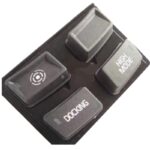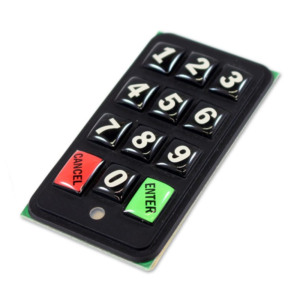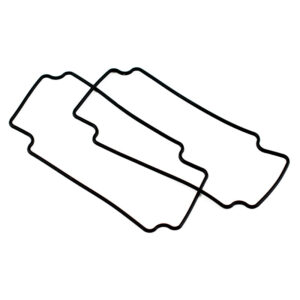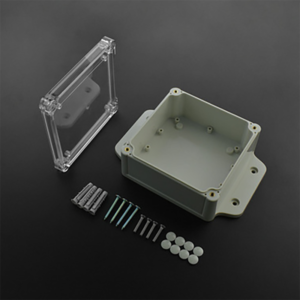Overview:
Silicone rubber buttons, keyboards, and elastomeric buttons, known as silicone pads, form versatile elastomeric switching assemblies. Crafted from transparent or translucent silicone materials, these keypads undergo precision through die pressing or Liquid Silicone Rubber (LSR) injection processes. Celebrated for their reliability as switch elements, silicone keypads play a crucial role in automotive applications and various industries. From electronic communication and POS terminals to remote controllers, medical devices, smart home applications, and mechanical electronics, these keypads offer robust performance and control.
Specification
Material: Food Grade Silicone
Color: Pantone
Hardness: Shore A 30 to 80
Size: As per your drawings
Molded Way: Compression Molding
Features: Antiwear, Water-proof, Oil-proof, Odor-free, Non-toxic, Soft, Lightweight
Processing Options: Printed, Debossed Or Embossed, Laser Cutting
Conductive Ways: Carbon Pills, Conductive Ink Printing, Metal Domes, Metal Pills
Certificate: ISO9001-2015, IATF16949, ROHS
OEM: Available
Application: Electronics, Medical Equipment, Remote Control, Fitness Equipment, Industrial Equipment
Conductive Ways
- Carbon Pills: Employing small carbon pills strategically placed on the keypad’s surface, this method ensures efficient electrical conductivity.
- Conductive Ink Printing: Conductive ink is precisely printed onto the silicone keypad, creating pathways for electrical signals and enhancing responsiveness.
- Metal Domes: Integration of metal domes provides tactile feedback and conductivity, enhancing the keypad’s durability and responsiveness.
- Metal Pills: Metal pills embedded in the silicone material offer a robust conductive solution, contributing to the keypad’s overall reliability in diverse applications.











